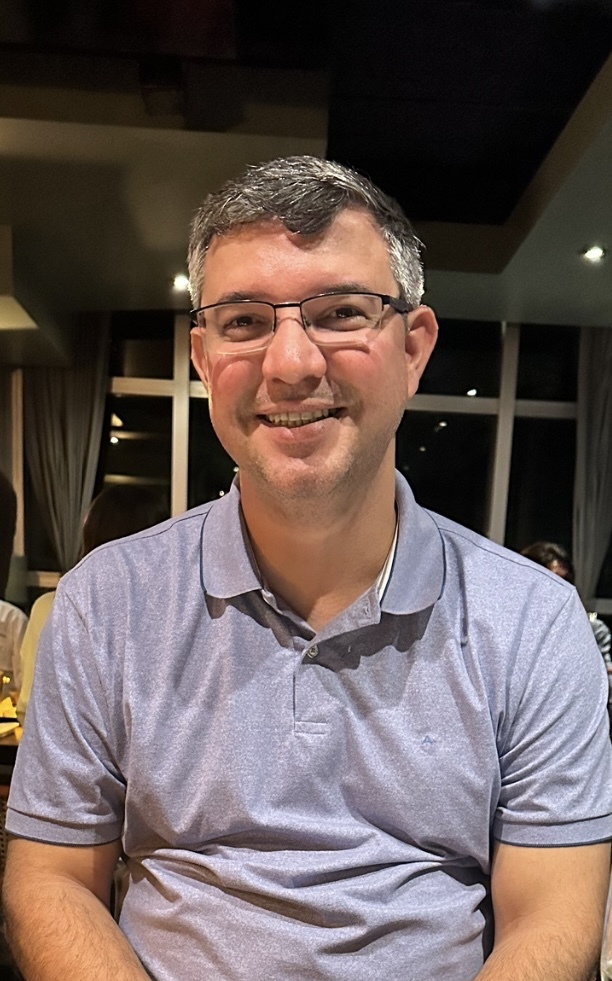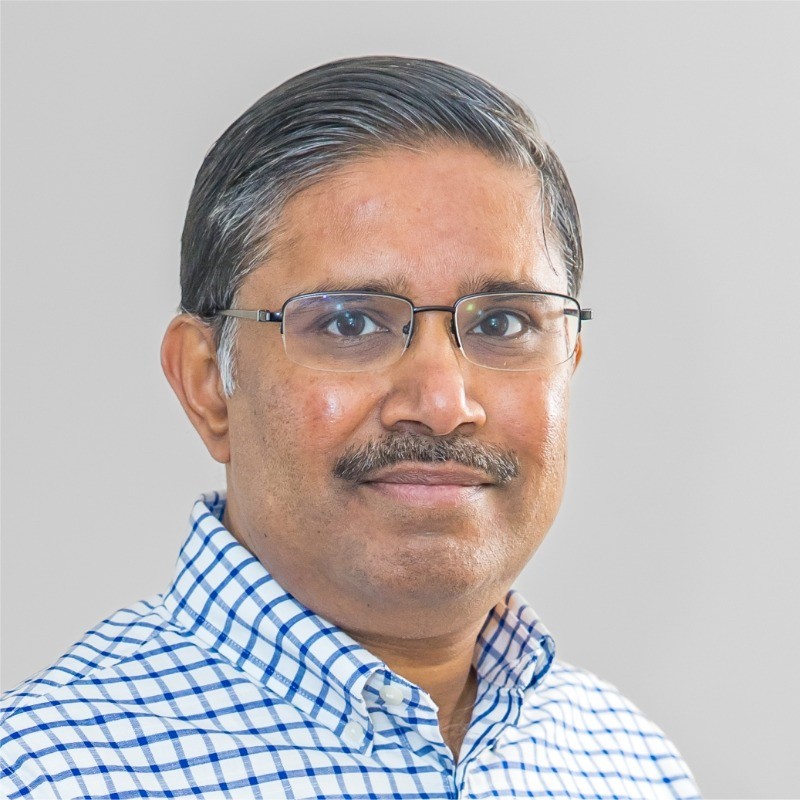Contribution
Cassandra users ask questions in community spaces every day. Catalysts who engage in this activity will be on hand to respond to people as their questions arise. This could mean providing the answer they are seeking, or it could be connecting them with someone else in the community who can provide an answer.
As new people join Cassandra community spaces, Catalysts can help out by creating a clear sense of belonging. This can involve sending newcomers a message to introduce themselves, engaging with them in some discussion about how they use Cassandra, and generally making them feel welcome in the community. Documentation on best practices and how to do this effectively will be co-created by Catalysts, including templates for predefined messages.
Engaging in JIRA tickets
JIRA is the primary platform for discussion about Cassandra development. Engagement on JIRA means providing meaningful input on tickets and submitted code that moves the work forward and helps to improve the Cassandra user experience.
Outstanding contributions to the Cassandra project
As an open source project, Cassandra relies on contributions from the community in many areas - code, documentation, design, marketing, and others. Getting involved in these areas is a great way to have a real impact on the project and community. Catalyst recognition is awarded to committers and contributors alike. Contributors recognised as a Catalyst, because of their contribution work, are likely already being considered to be invited as committer. The Catalyst program is never used as a substitute for official committership. Becoming a committer is by invite only, and can happen before or after any Catalyst award.






















